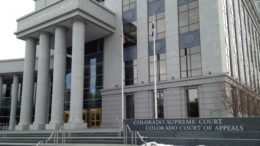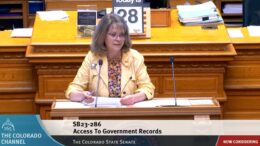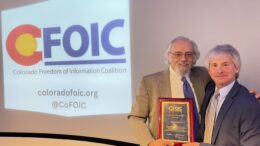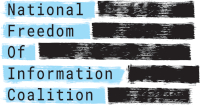Even with new POST database and reforms, Colorado is in the minority of states keeping comprehensive police officer data secret
The refusal to release this information makes Colorado one of just 15 states that keep this type of police officer data secret, according to a nationwide reporting project, preventing the press and public from adequately monitoring the state’s oversight of wandering or second-chance officers.










